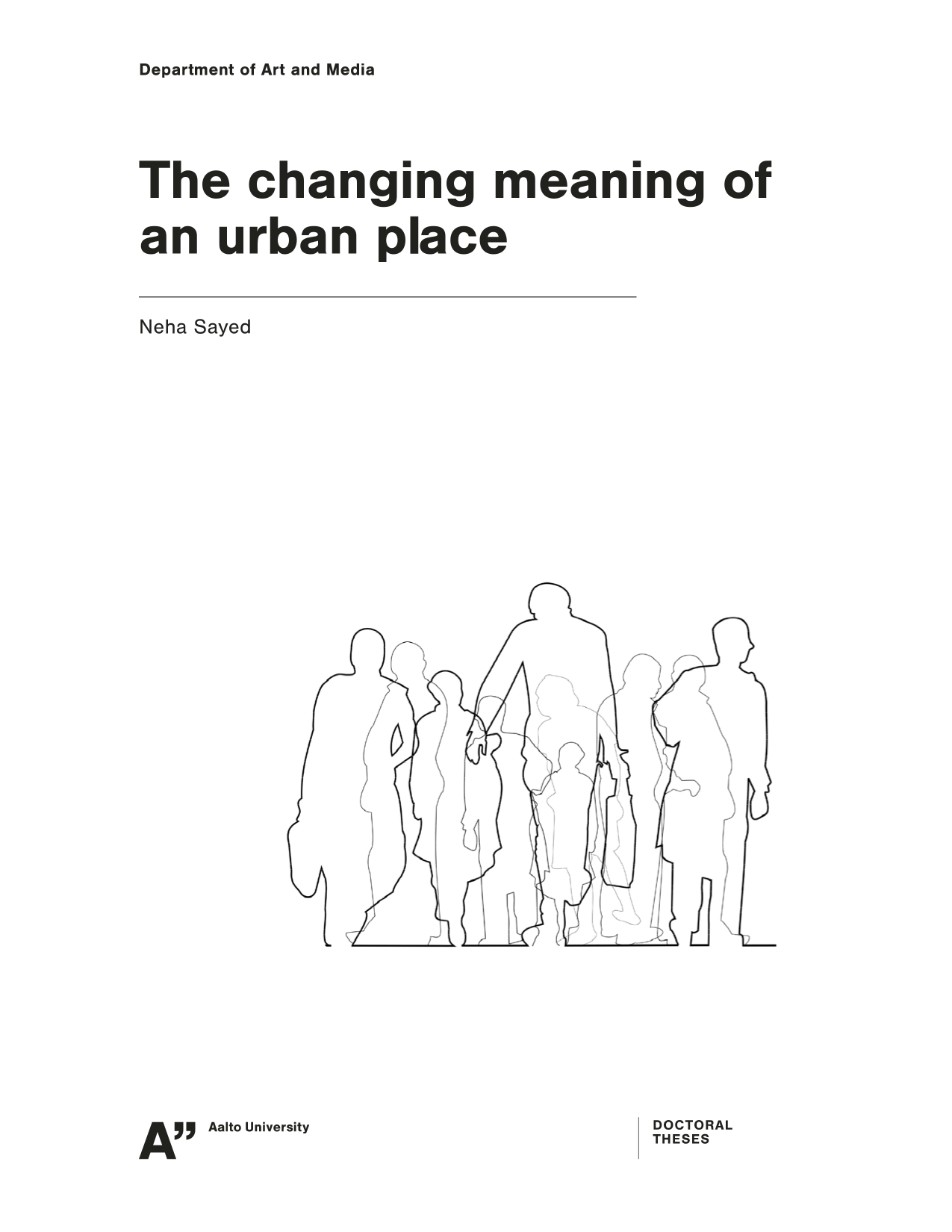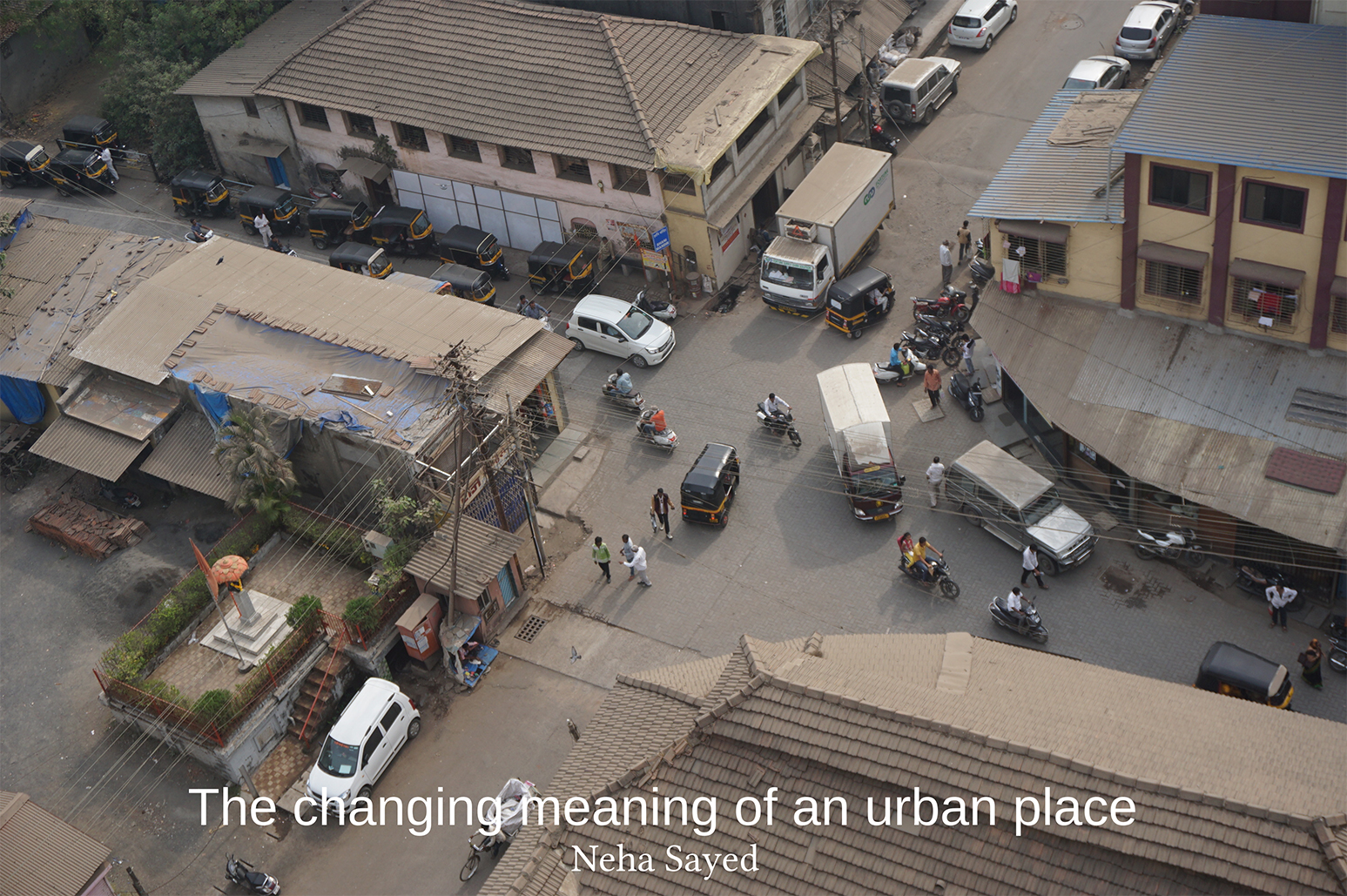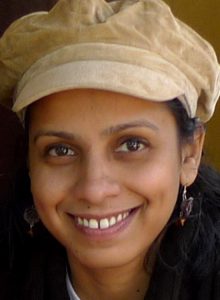MA Neha Sayed will defend the thesis “The Changing Meaning of an Urban Place” on Friday 17 June 2022 at 14:00 in Aalto University School of Arts, Design and Architecture, Department of Art and Media at Otakaari 1, lecture hall A1 (Otaniementie 14, Espoo) and online in Zoom (please click here to join). The event language is English.
Doctoral Candidate: MA Neha Sayed
Opponent: Professor Brendon Clark, Umeå University, Sweden
Custos: Professor Lily Díaz-Kommonen, Aalto University School of Arts, Design and Architecture, Department of Art and Media
The audience is kindly asked to enter the lecture hall or join Zoom no later than 14:00.
Information at Aalto University web page: English │Finnish
The doctoral thesis is available and publicly displayed 10 days before the event here.
Doctoral theses in the School of Arts, Design and Architecture available here.
ABSTRACT
The meaning of an urban place for a traditional trading community on Ṭapāl Nākā develops in response to the development policies enforced by the government’s planning department. The government policies are enforced through artefacts such as maps and reports. The analysis of these artefacts reveals their purpose to control the development. Their operational role also assigns a certain meaning to the place. These policies are adapted to by the community as a post-implementation response. Their concerns are expressed through mobilising trade networks to emphasise the trade practices and property ownership patterns. The ethnographic data of networks and spaces analysed using the collective cultural memory framework of Assmann(1995) reveals the meaning of Ṭapāl Nākā generated by the community. The government is now implementing smart technologies to enforce their regulatory control, strengthening their meaning of Ṭapāl Nākā. The community is already well-versed with technologies such as surveillance cameras connected to smartphones. The Internet of Things (IoT) technology can reinforce the voice of the community addressing their concerns related to development. This is shown by an exemplary design concept for traffic management to be implemented by the community. This design concept which improvises upon the way the community already manages traffic indicates the possibility of enhancing the community’s meaning of place. The research contribution lies in presenting an approach to study the meaning of place for design intervention and exploring the role that IoT technology may play in the changing meaning of place. It also contributes to the IoT paradigm by indicating a pro-community approach for technological development. The research contributes to the urban planning discipline by revealing the disparity in the meaning of a place. More immediately, the project contributes to New Media research by highlighting the role of media studies in the developing understanding of IoT.
THE DOCTORAL CANDIDATE
Neha Sayed started her PhD in the Department of Media in 2016. In her doctoral research she investigated the role IoT can play in the changing meaning of an urban place. She conducted a two-year-long field work with a trading community in India to establish the change such a ubiquitous technology can play in traditional community networks. The research was conducted using ethnographic methods such as narrative-ethnography to understand the communitie’s relationship with technology. She also did geospatial mapping in GIS to understand the urban fabric which has a complex transformative nature responding to urban planning.
She graduated as an architect from the university of Mumbai in 2000. Since then, she has done a combination of architectural practice, teaching and research in Navi Mumbai. Her masters in Experience Design from Konstfack, Sweden, added a new dimension of design research based in User Centered Design to her skill-set. In her career she has remained focused on the role and identity of media in the changing times of last twenty years.
Contact information: email



